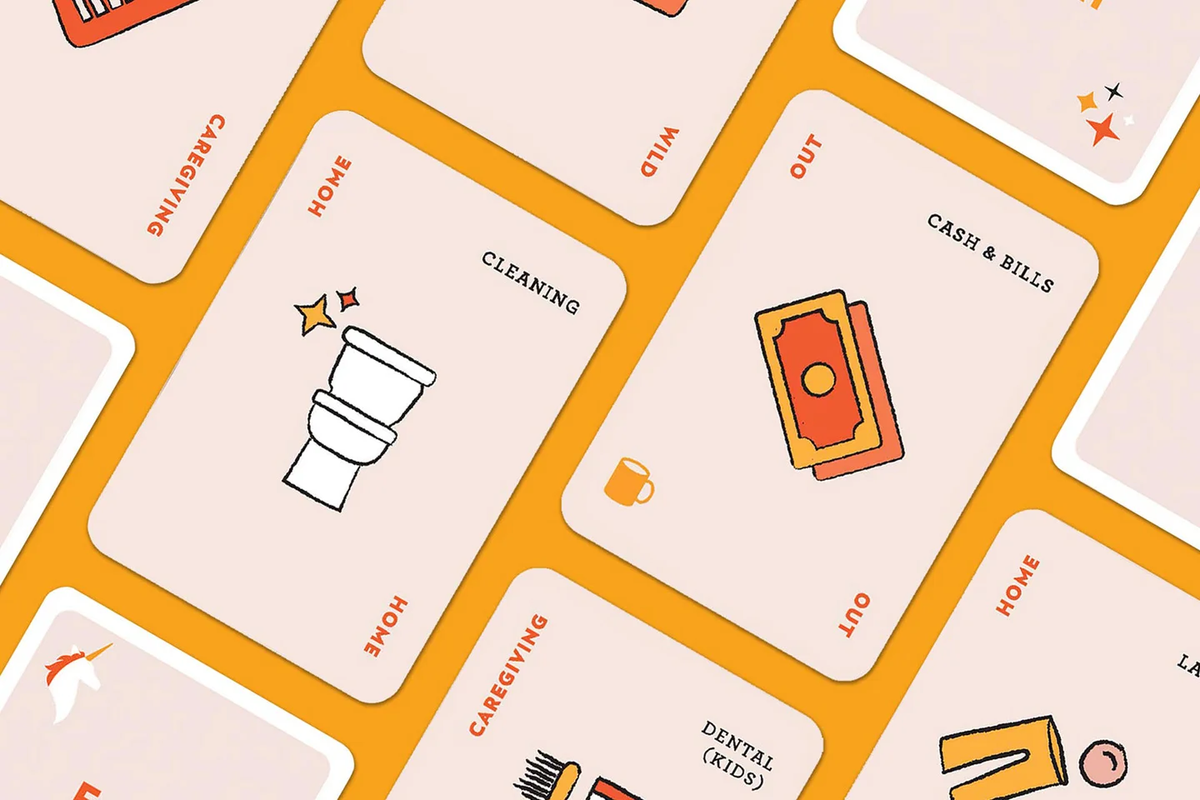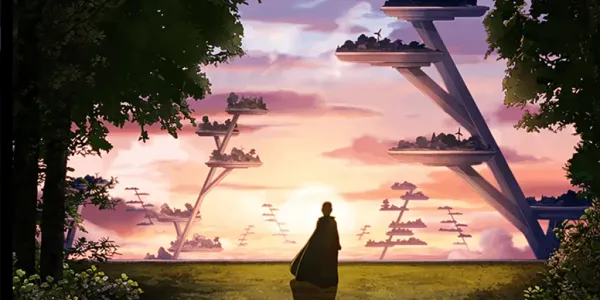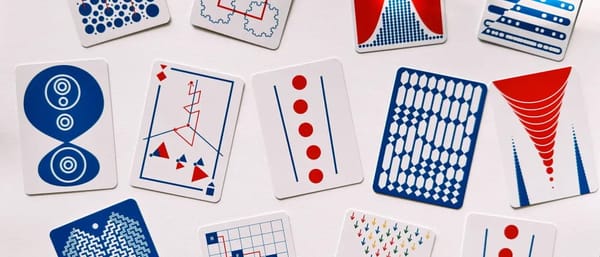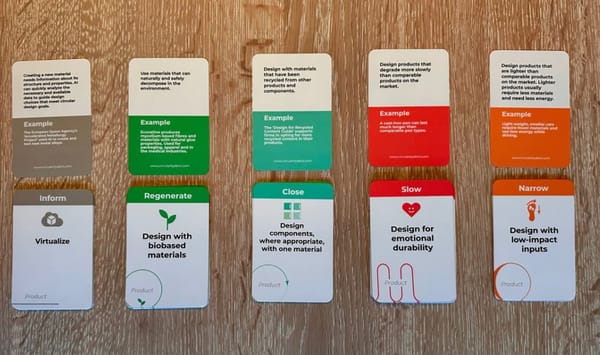№ 26 | Making a Game Out of Chores, Meeting… to Think Together, Liberals and Conservatives, D&D and SEL

A card game for household chores?
How is this for an opening title and subtitle: “I Played a Card Game With My Fiancé to See Who Does the Most Housework… It didn’t go according to plan”. It's a card game… for household chores! Hmm. I'm pretty sure I would lose this game. 😬

Purchasing options here.
So here's a ‘brilliant’ pairing, brought to you by the pattern recognition capabilities of yours truly:
(A) “Meetings ARE the work.”
I love this hot take on meetings, declaring “Meetings *are* the work.” Elizabeth Ayer digs deep to highlight the “shared meaning-making” purpose of a good meeting, why this is THE central work of knowledge workers, and recast the "meetings aren't work' sentiment as a bi-product of a “toxic productivity culture.” Well stated.
Which pairs nicely with…
(B) Think outside your brain
If you haven't read Annie Murphy Paul's book The Extended Mind (confession: I still haven't!), here's a concise intro to the fundamental thesis, namely that thinking can and does happen outside of the brain.
All four of these extraneural resources — technology, the body, physical space, social interaction — can be understood as mental extensions that allow the brain to accomplish far more than it could on its own.
So… If we're knowledge workers., and thinking is a social thing, the it follows that we should be more intentional with how we gather, right? RIGHT?! I believe this quote sums this up nicely:
“[I]n the very process of meeting, by the very process of meeting, we both become something different.”
–Mary Parker Follett, Creative Experience (1924)
One difference between liberals and conservatives?
“Many Differences between Liberals and Conservatives May Boil Down to One Belief.” You're curious, what is this one belief, right? It‘s not necessarily seeing the world as a dangerous place, as prior research has concluded:
Forty years of research has shown that, on average, conservatives see the world as a more dangerous place than liberals. This one core belief seemed to help explain many policy disagreements, such as conservative support of gun ownership, border enforcement and increased spending on police and the military—all of which, one can argue, aim to protect people from a threatening world.
But new research by psychologist Nick Kerry and me at the University of Pennsylvania contradicts that long-standing theory. We find instead that the main difference between the left and right is…
The research on this article appears solid, as the pattern they highlight emerged from large scale data analysis on a broader ”study focused on well-being.“ Once this pattern was identified, they “conducted nine more studies with nearly 5,500 participants” to investigate what was going on.
D&D and SEL
Planning and mental rehearsal for difficult situations is something humans have done for… as long as we've had imagination, right? It's no surprise then that teachers are using Dungeons & Dragons to teach social-emotional learning skills. I love this explanation:
No, your school will never have a troll in the basement or a dragon roaming campus. However, your school likely has bullies, testing anxiety, and other such villains students will have to face. Role-playing games take these issues and abstract them, allowing kids to stand up to their bullies or face their anxieties in a safe and collaborative manner.
The article is light on how, exactly, but does, near the end, reference three resources.
Coincidentally, I joined a LinkedIn webinar “From the Talking Stick to Dungeons & Dragons: The History of Facilitation.” (I think they'll follow up with a recording?) Hmm… dots connecting.





